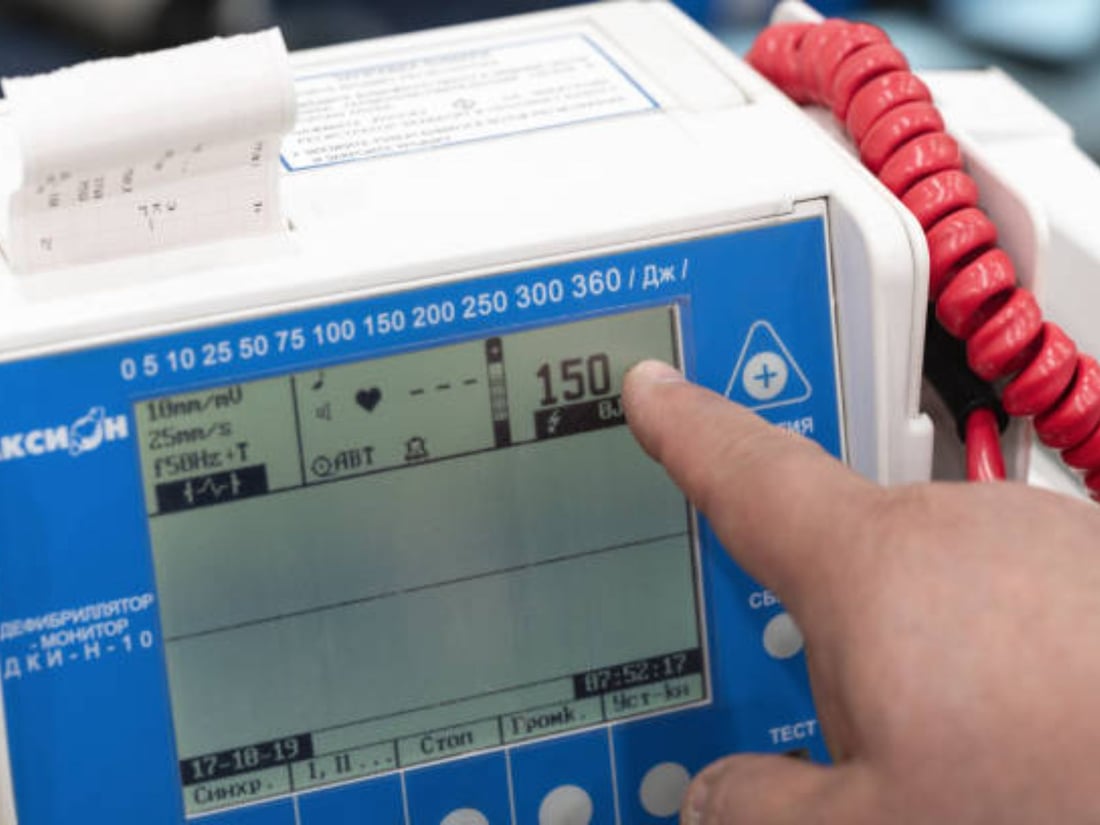Introduction
A digital vibration meter is a highly advanced device that helps to measure and analyze the intensity of vibrations. It is widely used in the industrial sector to detect potential mechanical problems and evaluate the health status of machines. In this article, we will discuss the different aspects of digital vibration meters and how they are beneficial for industries.
Types of Digital Vibration Meters
There are mainly two types of digital vibration meters: handheld and online. The handheld vibration meters are portable and easy to use. They provide on-site analysis and help detect faults in machines. On the other hand, the online vibration meters are more advanced and can continuously monitor the vibration levels of machines. They are connected with the machines and provide real-time analysis of the data.
Features of Digital Vibration Meters
Modern digital vibration meters come with various features such as accelerometers, data storage, and wireless connectivity. The accelerometers help to measure the vibration of machines accurately. Data storage enables the user to record and store the vibration data. Wireless connectivity makes it easy to transfer data to different devices.
Working of Digital Vibration Meters
Digital vibration meters work on the principle of piezoelectric transducers. The transducer produces a voltage when subjected to mechanical stress. This voltage is proportional to the magnitude of the vibration. The device measures this voltage and converts it into vibration levels, which are displayed on the screen.
Applications of Digital Vibration Meters
Digital vibration meters are used in various industries such as mechanical, automotive, aviation, and marine. They help to detect the potential faults in the machines and prevent breakdowns. They also help to evaluate the health status of machines and reduce the maintenance cost.
Benefits of Digital Vibration Meters
Digital vibration meters provide numerous benefits such as reduced downtime, improved machine performance, and increased productivity. They help to detect potential faults and prevent breakdowns, which ultimately leads to increased uptime. They also provide real-time analysis of data, which helps in making informed decisions.
Factors to Consider Before Choosing a Digital Vibration Meter
Before choosing a digital vibration meter, it is essential to consider certain factors such as accuracy, frequency range, and budget. The accuracy of the device should be high enough to detect even the slightest vibration. The frequency range of the device should match the vibration frequency of the machine. The budget should also be taken into consideration before making the final purchase.
Popular Brands of Digital Vibration Meters
There are numerous brands of digital vibration meters available in the market. Some of the popular brands include Fluke, SKF, Emerson, and Extech. These brands provide highly accurate and reliable digital vibration meters that are widely used in the industrial sector.
Future of Digital Vibration Meters
The future of digital vibration meters looks promising as the demand for predictive maintenance increases. With the increasing use of Industry 4.0 technologies, digital vibration meters are expected to become more advanced and integrated with other machines. This will enable real-time monitoring and analysis of data, leading to improved machine performance and reduced maintenance costs.
Conclusion
A digital vibration meter is an essential device that helps to detect potential faults in machines and evaluate their health status. It provides numerous benefits such as reduced downtime, improved machine performance, and increased productivity. With the increasing demand for predictive maintenance, digital vibration meters are expected to become more advanced and integrated with other machines, leading to improved machine performance and reduced maintenance costs.

